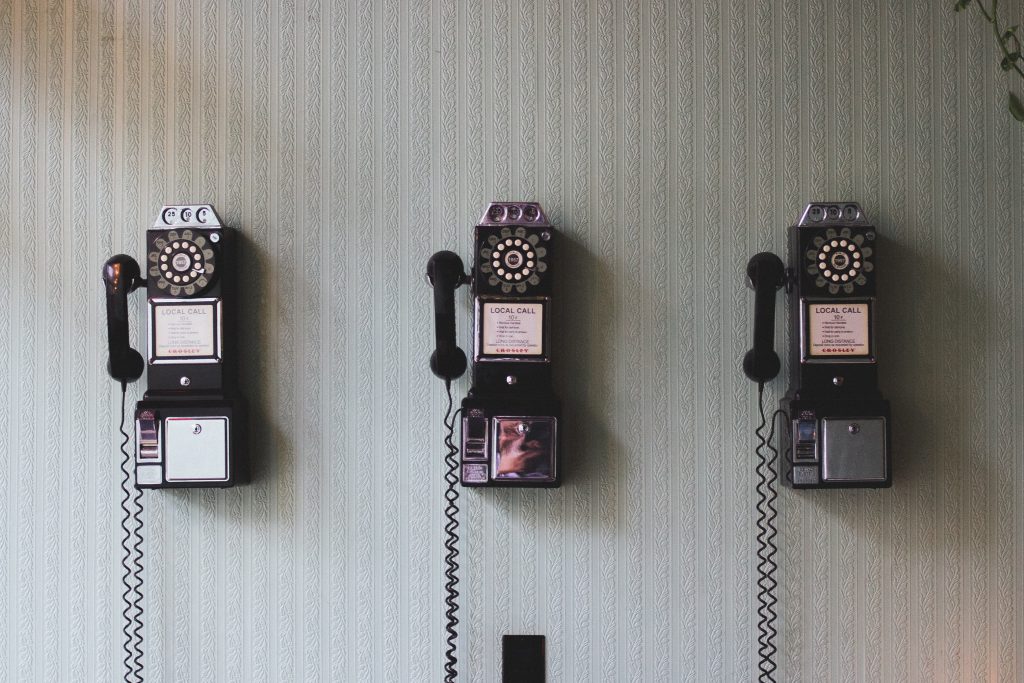
It’s been a while since I’ve written about having a good old declutter. Which is strange as it’s something I seem to think about ALL THE TIME.
I’m always seeking out articles or blogposts on how to declutter, in the hope of getting a new insight or simply enjoying reading about someone else’s process.
I’m no psychologist. But I’m pretty sure my obsession for all things to do with simplifying, minimalism and decluttering, is about control. When crazy things are going on in the world and sometimes life seems overwhelming – taking control of your things and space, and processes, feels gratifying.
I feel so pleased with myself when I feel things are nice and tidy and orderly.
At the moment, my digital life is getting a makeover. Here are some tips if you feel like a good digital sort out.
Dropbox or any other online storage system
I have some seriously old files here. Old coursework I’ve done, old job applications I’ve submitted. Have I ever referred to the coursework again, will I ever? Doubt it. Maybe it feels like proof or something, but either I’ve got a certificate I can keep or I can just remain safe in the knowledge I completed it. I don’t need dusty old folders digitally cluttering up.
I’ve deleted a load, put stuff I want to keep long-term on USB sticks, reordered and renamed. It feels good.
Online bookmarks
My ‘to read’, ‘personal’, ‘inspiration’ bookmarks quickly become out of control. It seems any webpage I’ve ever found interesting or useful, or that I’ve bookmarked to come back to when I have time, is saved.
Maybe it’s a comfort thing – knowing I can quickly access something again. The thing is, Google is really quick. If I’ve found something on google before, I’m pretty sure I’ll be able to find it again. I’m only keeping stuff I refer to daily or weekly.
Email folders
I’m a serial email folder maker. I like to keep my inbox as empty as possible, so I end up having a million folders to sort everything into. There is so much old rubbish stored here from over the years. This is going to be a long-term process, starting with folders which are obsolete – a ‘job applications’ folder last used 4 years ago for example. It’s so cathartic whittling it down to a manageable amount. You also get a really good sense of achievement, of changes in your life.
The Notes app on my phone
Every little restaurant recommendation, password reminder, random thought of the day gets stored on here. Which means that when I need something important i.e. a password reminder, there’s a lot to get through to find it. I did a good cull of this info – if I haven’t been to any of these local places after a year, I’m probably never going to. Or maybe I’ve been to them and it’s now irrelevant? Binned.
I’ve realised that if i can get my phone and laptop to a close a state of ‘brand new’ as possible, I’m going to be pretty pleased. You can feel weighed down by digital clutter. Just seeing loads of items or icons stored or saved can feel like physical clutter. There’s always a good excuse for a declutter.
So there we have it, if you love all things decluttering hopefully you’ll have got some inspiration from my recent culling!
If you’d like to contact me for a coaching session, you can do so here on LinkedIn or at joaopoku@gmail.com.
Photo by Norbert Levajsics on Unsplash



